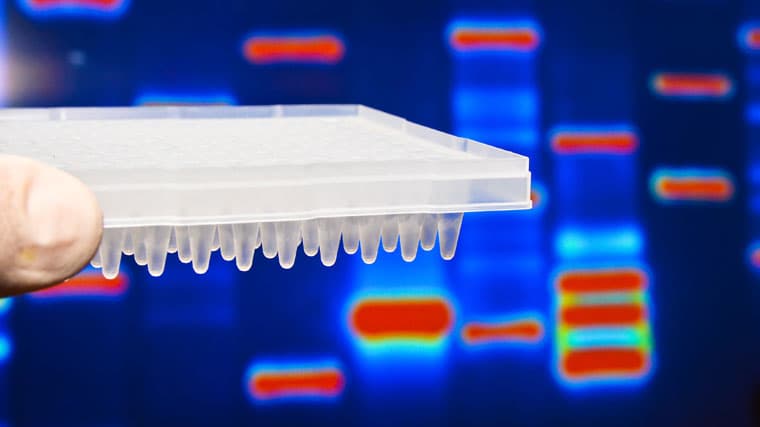Molecular and Genomic Diagnostic Laboratories

Our laboratories offer nationally recognized expertise in cytogenetics and molecular testing combined with personalized service to clinicians
The University of Chicago Medicine Molecular and Genomic Diagnostic Laboratories are highly regarded by physicians and researchers across the country for their accuracy, efficiency and service. Our clinical genomics experts possess a diverse range of knowledge and use the latest tools and methods to diagnose disease, guide treatment options and support research projects.
Whether you want to order fluorescent in situ hybridization (FISH) testing to uncover a patient’s congenital anomaly or require next-generation sequencing to support precision medicine for cancer, our team will analyze your samples with great skill and care.
Our affiliation with one of the country’s leading research hospitals means that our multidisciplinary team is especially equipped to handle your most complex testing needs.
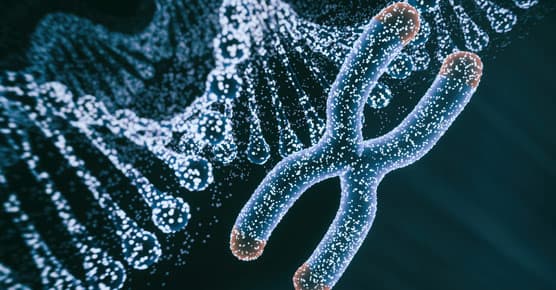
Pathology Molecular Diagnostics
Uncovering mutations associated with leukemia, lymphoma, melanoma, colon cancer and other cancers.
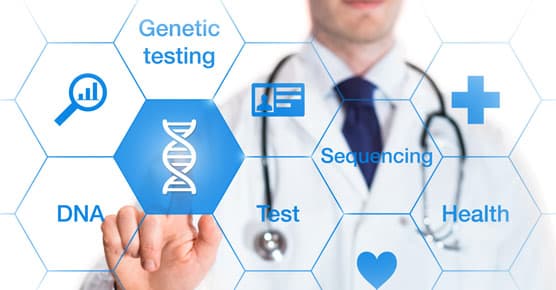
Genetic Testing for Inherited Diseases
Expertise in diagnosing inherited hematologic malignancies, endocrine disorders, ataxias and other inherited conditions.
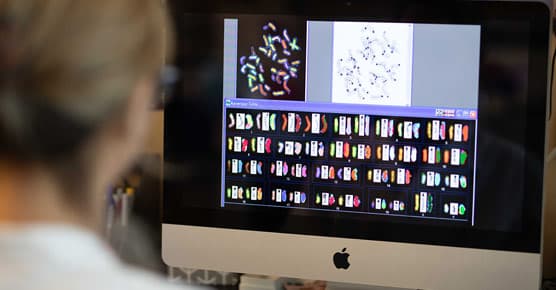
Cancer Cytogenetic Testing
Cytogenetics and cytogenomics to understand leukemias, lymphomas and solid tumors.
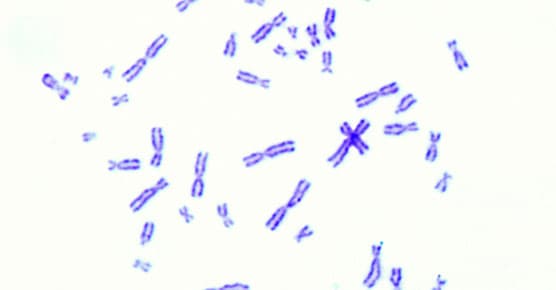
Constitutional Cytogenetic Testing
Providing insights on autism, congenital anomalies, developmental delays and pregnancy loss.

Our Team
Meet our laboratory faculty.
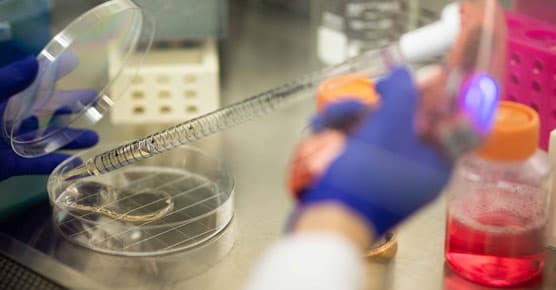
Research
Interested in a research collaboration? We're here to help.

